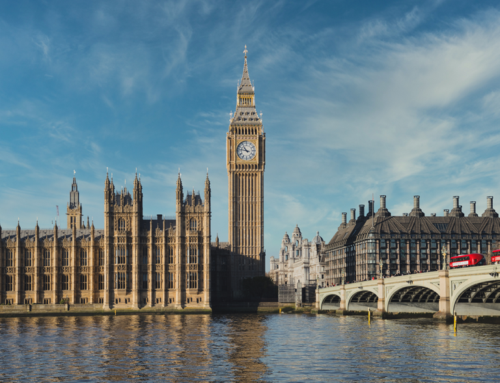If you’re a developer, you’ve likely encountered the term “town planning” in relation to your projects. But what exactly is town planning, and why is it so important for your success? Let’s break it down.
What is Town Planning?
At its core, town planning is the process of managing land use and development to create sustainable, functional, and attractive communities. It involves balancing various needs—housing, infrastructure, green spaces, and commercial activities—while respecting the environment and local character.
In the UK, town planning operates within a structured framework of national and local policies, regulations, and guidance. This ensures developments align with broader goals, such as reducing carbon emissions, preserving heritage, and supporting economic growth. You can also consider how your project aligns with the United Nations Sustainable Development Goals (SDGs).
For developers, understanding town planning is crucial for navigating the approval process and ensuring your projects meet regulatory and community expectations.

St Albans City UK in the Early Morning
Why Does Town Planning Matter?
Town planning isn’t just about obtaining permission for your project—it’s about contributing to the broader vision of a community. Here’s why it matters:
- Regulatory Compliance: Every development needs to align with planning policies and guidelines set by local authorities, though material considerations can sometimes outweigh conflicts with policy. Failing to comply can lead to delays, additional costs, or outright refusal. Learn more about our approach to resolving Planning Enforcement issues.
- Maximising Land Value: Thoughtful planning can unlock the full potential of your site, ensuring you make the most of your investment while aligning with policy requirements.
- Community Acceptance: Well-planned projects are more likely to gain support from local stakeholders, reducing the risk of objections or appeals.
- Sustainability: Town planning ensures that developments contribute to long-term goals, such as energy efficiency, biodiversity, and resilience to climate change.
- Future-Proofing: A good planning strategy helps your project adapt to evolving regulations and market demands.
Key Components of Town Planning for Developers
When approaching a new project, there are several aspects of town planning to consider:
1. Policy Frameworks
Every project should align with the National Planning Policy Framework (NPPF) and the local authority’s development plan, though there may be exceptions where material considerations prevail. In London, urban areas outside London, and market towns, for example, planning policies on density, design, and sustainability can vary significantly, reflecting the unique challenges and opportunities of each context.
2. Pre-Application Advice
Engaging with the local planning authority early can provide valuable insights into potential challenges and opportunities. This step can save you time and money by identifying issues before submitting a formal application.

Town Planner using digital tablet with blueprints and surveying a new residential housing building land plot
3. Site Assessment
Understanding the constraints and opportunities of your site is critical. Factors like flood risk, access, and proximity to heritage assets will influence your design and planning strategy. For flood risk considerations, refer to the Environment Agency’s flood risk assessment guidance.
4. Community Engagement
Engaging with local residents and stakeholders can help build support for your project. Transparent communication can address concerns and demonstrate your commitment to the community’s needs.
5. Sustainability and Design
High-quality design and sustainability are non-negotiables in today’s planning environment. Developers can explore Natural England’s Biodiversity Net Gain guidance to incorporate biodiversity measures effectively. Incorporating renewable energy, efficient land use, and biodiversity measures will strengthen your application.
How a Planning Consultant Can Help
Navigating the planning system can be daunting, especially for developers with limited resources. This is where a planning consultant adds value:
- Expert Guidance: We help you interpret planning policies and develop a strategy that aligns with your goals.
- Application Support: From preparing documentation to liaising with local authorities, we handle the complexities of the application process. Learn more about our Planning Applications services.
- Risk Mitigation: By identifying potential issues early, we help you avoid costly delays and refusals.
- Appeals and Negotiations: If your application is refused, we can represent you in appeals or negotiate changes to secure approval. Find out about our Planning Appeals expertise.
Conclusion
For developers, understanding town planning isn’t just a formality—it’s the foundation for successful, sustainable, and community-focused projects. By embracing the principles of planning and seeking expert advice, you can navigate the system with confidence and unlock the full potential of your developments. Stay informed with updates on our Blog.
If you’re planning a project and need tailored advice, get in touch with us at Norton Taylor Nunn. Our expertise ensures we’ll guide you every step of the way.



